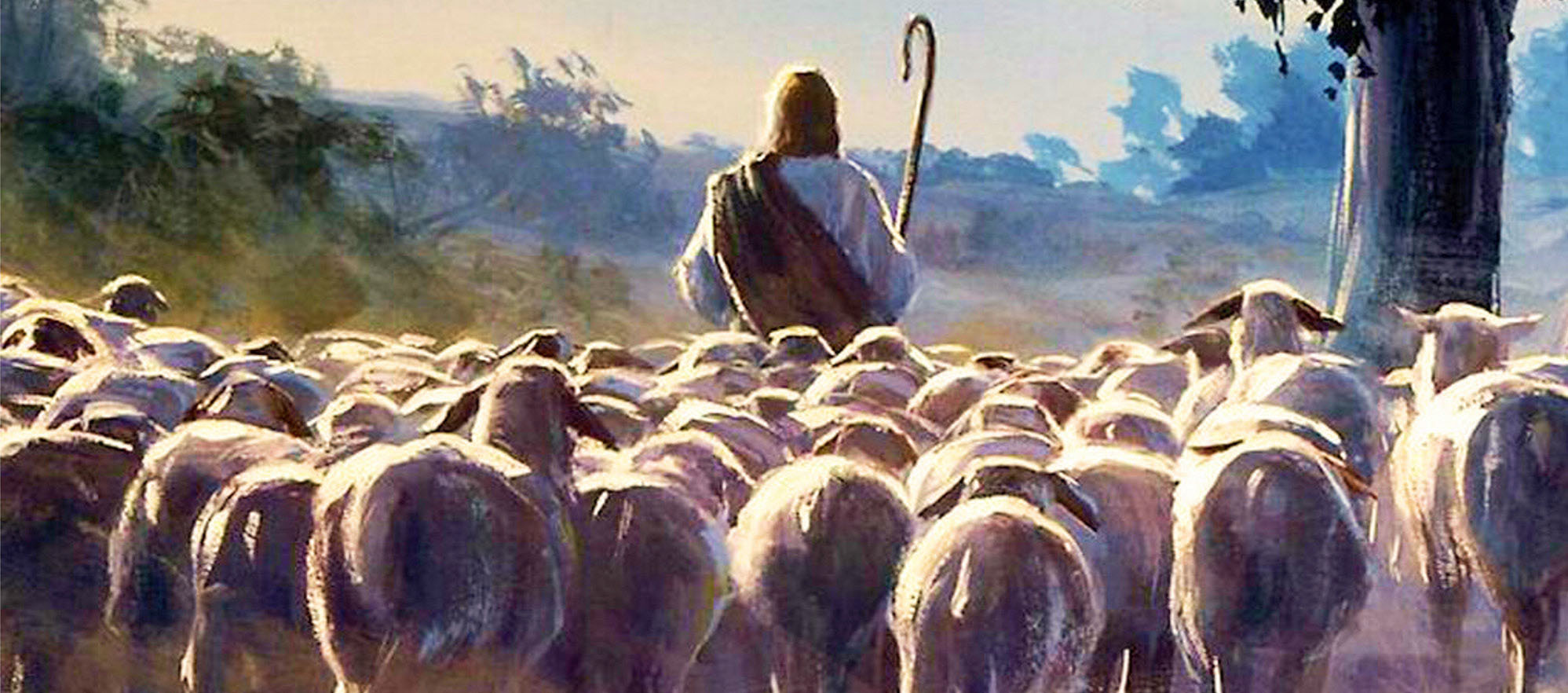"The LORD is my shepherd; I shall not want... thy rod and thy staff they comfort me." (Psa 23:1, 4) I shall not want. What an emphatic statement. This statement stems from a heart filled with confidence and unwavering belief. It makes no apology in its assertion. It declares with authority what it demands as its reality. It didn't matter what the facts around were saying. The Psalmist had already settled in his mind what will be his portion. This is both a statement of fact, and a statement of faith. In today's lesson, we examine how God's shepherding rod and staff keep us in the place of abundance..

David was a seasoned shepherd. The stories in the scriptures suggests that he began shepherding his father's flock from his teenage. It was through his rough experiences growing up as a shepherd that he learnt of the important relationship which we share we God. David was the first prophet to recognise this shepherd-sheep relationship we share with God.
The relationship between a shepherd and his sheep is an amazing one. It is almost telepathic. The shepherd can sense what the sheep need even before they do; and He provides them (Phil 4:19). The shepherd directs the footsteps of the sheep (Psa 37:23). He leads them to where they will eat. He takes them to where they will drink. He takes them to where they will rest. He takes them to where they will exercise. All the sheep does is follow. The shepherd has two important tools: the staff with which he guides the sheep; and the rod with which he protects them and fends off predators.
I shall not want! No wonder David came to that wonderful conclusion. David tried to put himself in the shoes of the sheep he spends his entire day with, and tried to envision God as the shepherd. It filled him with confidence. When God is our shepherd, we enjoy his abundance because we never want. He anticipates our needs and supplies them. All we have to do is follow him. "I shall not want", say that to yourself five times.